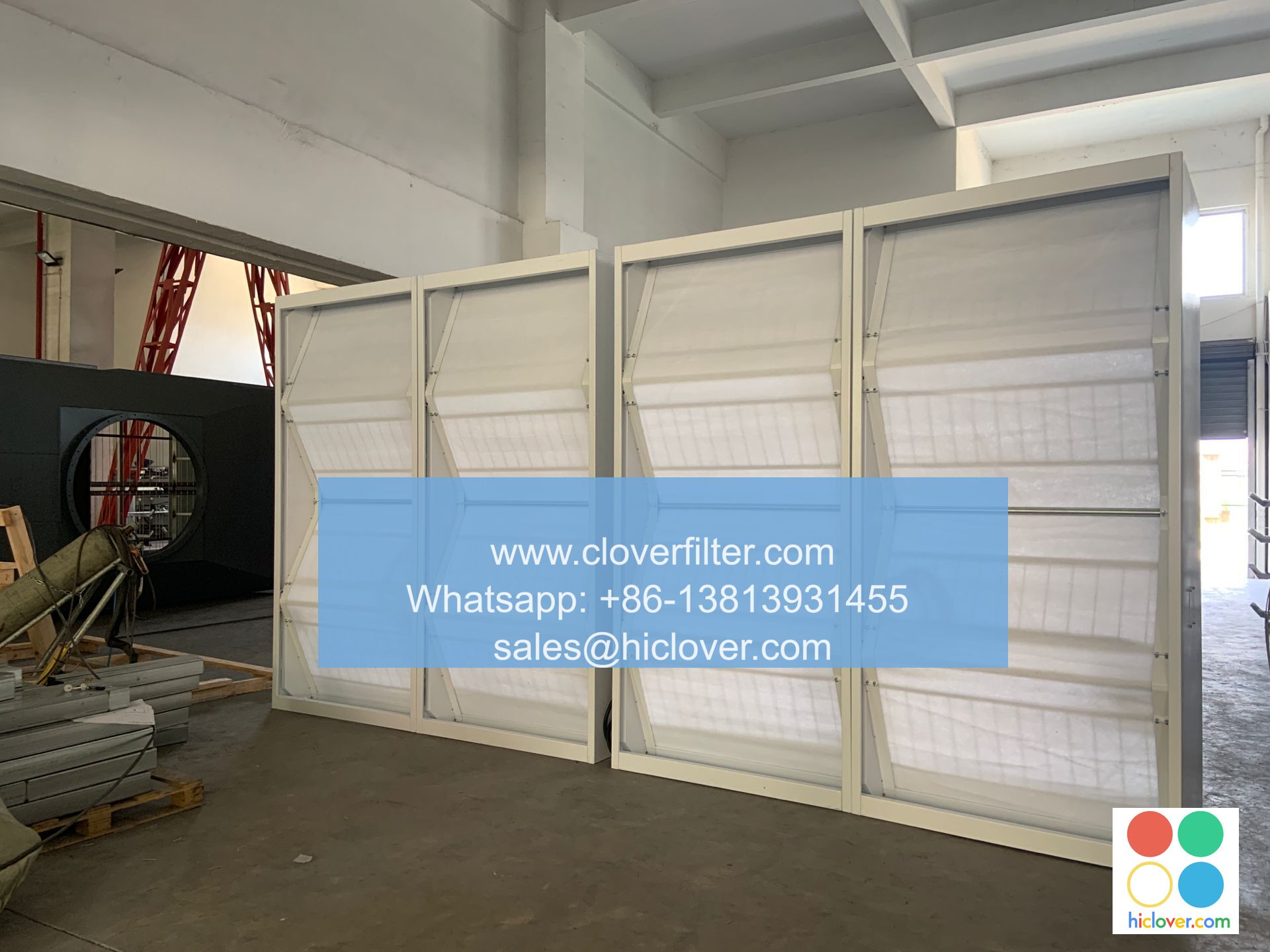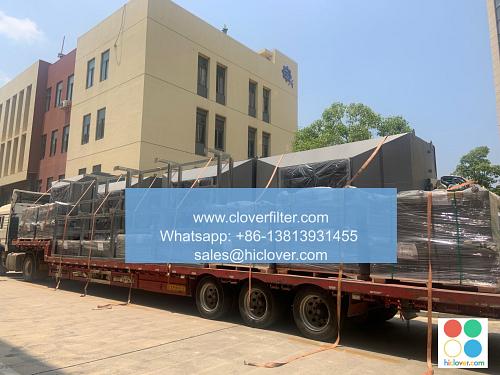Using Air Filters as a Tool for Energy Efficiency in Your Home

As concern for the environment and energy efficiency continues to grow, homeowners are constantly looking for innovative ways to reduce their carbon footprint and lower their energy bills. One often overlooked but highly effective tool in this pursuit is the humble air filter. Air filters play a crucial role in maintaining good indoor air quality while also contributing significantly to energy savings and the overall heating, ventilation, and air conditioning (HVAC) system efficiency. In this article, we will explore how air filters can be used as a tool for energy efficiency in your home, highlighting various application areas and the benefits they provide.
Understanding the Role of Air Filters in Energy Efficiency
Air filters are designed to remove pollutants, dust, and from the air, improving indoor air quality. However, their impact extends beyond health benefits to include significant contributions to energy efficiency. A dirty or clogged air filter can lead to increased energy consumption as the HVAC system works harder to push air through the obstruction, resulting in higher energy bills and reduced system lifespan.
Key Application Areas for Energy Efficiency
Several key areas where air filters can make a significant impact on energy efficiency include:
– HVAC Systems: Regularly changing or cleaning air filters in heating and cooling systems can improve their efficiency by up to 15%, according to the U.S. Department of Energy. This is because clean filters allow for better airflow, reducing the strain on the system and thereby lowering energy consumption.
– Whole House Air Purification Systems: These systems are integrated into the home’s HVAC system and work to purify the air throughout the entire house. By maintaining these systems with clean, high-quality air filters, homeowners can ensure that their air is clean while also supporting energy-efficient operation of their HVAC system.
– Stand-Alone Air Purifiers: While not directly part of the HVAC system, stand-alone air purifiers can still contribute to a more energy-efficient home by reducing the load on the HVAC system to filter and clean the air. Modern air purifiers are designed with energy efficiency in mind, offering features like low power consumption and silent operation.
Choosing the Right Air Filter for Energy Efficiency
When selecting an air filter for energy efficiency, there are several factors to consider:
– Minimum Efficiency Reporting Value (MERV): Look for filters with a high MERV rating as they are more effective at capturing particles, thus improving indoor air quality and potentially reducing the strain on your HVAC system.
– Filter Material and Construction: High-quality filters made from materials that allow for good airflow while effectively capturing pollutants are ideal for energy efficiency.
– Smart Filters: Some modern air filters come equipped with sensors that detect when the filter needs to be cleaned or replaced, ensuring that your system always runs at its best energy efficiency.
Conclusion
Incorporating air filters as a tool for energy efficiency in your home is a simple yet effective strategy. By understanding the role of air filters in energy efficiency, identifying key application areas, and choosing the right air filter for your needs, you can significantly reduce your energy consumption, lower your energy bills, and contribute to a more sustainable living environment. Remember, the key to maximizing the energy efficiency benefits of air filters is regular maintenance and choosing filters that balance air quality needs with energy efficiency considerations. You haven’t provided a question or topic for me to address. Please provide more context or information so I can assist you better. What would you like to talk about or ask?

